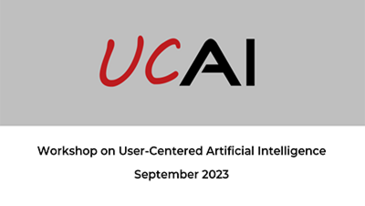Online collaborative communities allow people to interact, collaborate, share knowledge, solve problems, co-create value, and innovate in virtual environments. Organizations harness these potentials on crowdsourcing platforms, using various approaches and technologies to involve outside individuals in performing their tasks. Applications that enable crowdsourcing, such as Amazon Mechanical Turk (MTurk), incentivize individuals through monetary rewards for their contributions. However, there are also successful crowdsourcing platforms that rely solely on volunteer efforts. For volunteer-based crowdsourcing platforms to be lucrative, users must participate in projects over the long term, thus minimizing the costs of new recruitment.
User engagement is a crucial factor for the success of online crowdsourcing platforms, as it influences the quality and quantity of user contributions, fosters collaboration and community building, facilitates knowledge sharing and learning, promotes long-term commitment, and drives platform growth and reputation. Long-term user engagement indicates user loyalty and is essential for sustaining the competitiveness and relevance of crowdsourcing platforms. However, identifying long-term user engagement and associated behavioral patterns is challenging because of data availability and reliability issues, diversified and evolving user behaviors, and the subjectivity of user engagement measurements. Overcoming these challenges requires combining data analysis techniques as well as a deep understanding of the platform and user engagement data.
Together with Christopher Metz (DSC research associate) and under the direction of Lars Hornuf (Chair of Business Administration TU Dresden) and Rolf Drechsler (Director DFKI Bremen), DSC research associate Sana Hassan Imam has developed a novel approach that addresses this challenge. The new method allows to determine long-term user engagement through classification of users and visualization of the most important features for the user engagement on an online idea crowdsourcing platform.
This study presents a new approach to predicting whether a user will engage with online idea crowdsourcing platforms as a short-term or long-term user, applying a machine learning model that boasts 96% accuracy. By utilizing Explainable Artificial Intelligence (XAI)-SHapley Additive exPlanations (SHAP), the study proposes a framework for future research into user engagement patterns and trends across different contexts. This framework can assist platform administrators in recognizing and rewarding valuable users, ultimately leading to the lasting success of online idea crowdsourcing platforms.
The work will be presented on the 3rd of September at the UCAI 2023 workshop on “User-Centered Artificial Intelligence” at Lake Zurich, Switzerland. The interaction-focused workshop takes place for the fourth time and will be held in conjunction with the “Mensch und Computer 2023” conference, which aims at sharing and discussing recent developments at the intersection of HCI and AI, and at exploring novel methodological, technical, and interaction approaches.
Please contact us if you have any questions:
Sana Hassan Imam
Research Assistant
Tel. +49 (421) 218-63954
E-Mail: sanahassan@uni-bremen.de


